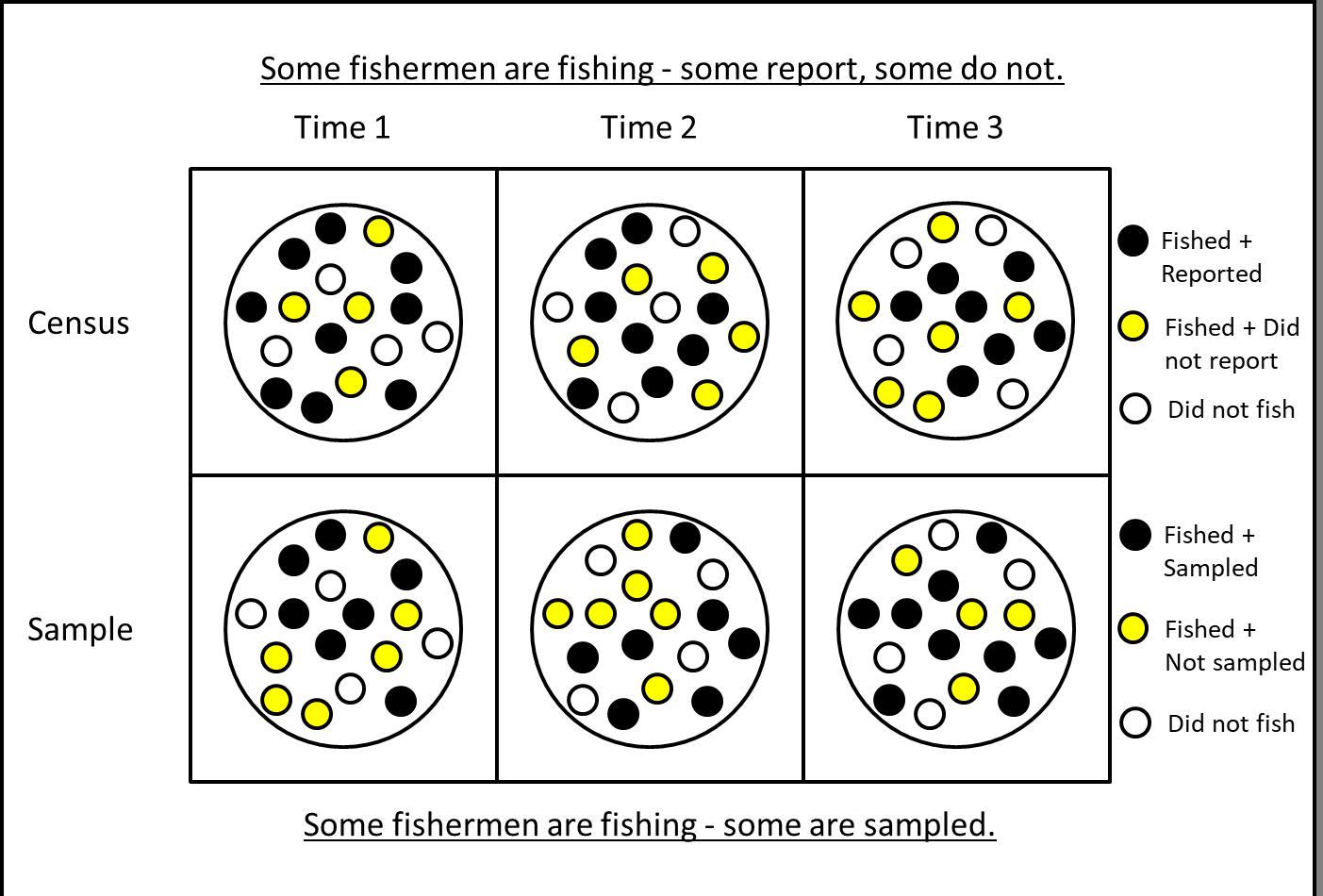Council’s Scholarship Program Student Updates Since its inauguration in 2014, the Western Pacific Regional Fishery Management Council’s U.S. Pacific Island Fisheries CapacityBuilding Scholarship Program has supported 15 students from American Samoa, the Commonwealth of the Northern Mariana Islands (CNMI) and Guam. Graduates of this unique program return to their home islands to work for their local fishery management agency. This transferrable model increases technical capacity in the territories, affording better local fisheries decision-making.
All Photos page 10: Leilani Sablan.
Leilani Sablan I am currently pursuing my master of science degree in biology at the University of Guam Marine Laboratory. My passion has always been in marine science, thus I am furthering my education at one of the region’s best marine institutions. My mentor is Dr. Peter Houk—his lab focuses on coral reef ecology, conservation biology, fisheries, food webs, population ecology and resource management. As someone who is an expert in fisheries work, I couldn’t
have chosen a more fit advisor/mentor than Dr. Houk to guide me through my graduate school journey.
is that current and future research can assist with generating management recommendations for Guam’s fisheries.
What are you studying to satisfy your degree requirements?
How has the Council’s scholarship helped you?
My master’s thesis is focused on Guam’s noncommercial fisheries. As noncommercial fisheries are largely understudied on Guam (and throughout the Pacific), I aim to shed light on its various trends to assist in management efforts. Some of these trends include catch composition, size structure variation, harvested biomass and much more! I have also included a social and cultural aspect to my study, in which I will be mapping the post-landings geographical distribution of noncommercial catch as driven by social and cultural processes, known as “fish flow.”
I was hesitant about attending graduate school due to figuring out how I would pay for my tuition on top of the expenses I accrue by living independently. When I found out about the Council’s scholarship, which is tailored towards students pursuing fisheries science, I saw my opportunity to further my education and strive for my master’s degree. I’m able to attend school without having any financial burdens.
What are your plans after graduation? Shortly after I graduate, I plan to be working as a fisheries biologist with the Guam Department of Aquatic and Wildlife Resources (DAWR). The creel data collection efforts I have undertaken for my thesis project is something I hope to carry out long-term in order to maintain consistent and rigorous creel data for Guam over the years. My hope
Leilani Sablan conducts an independent creel survey to track changes in target reef fish.
Pacific Islands Fishery News | FALL 2021












